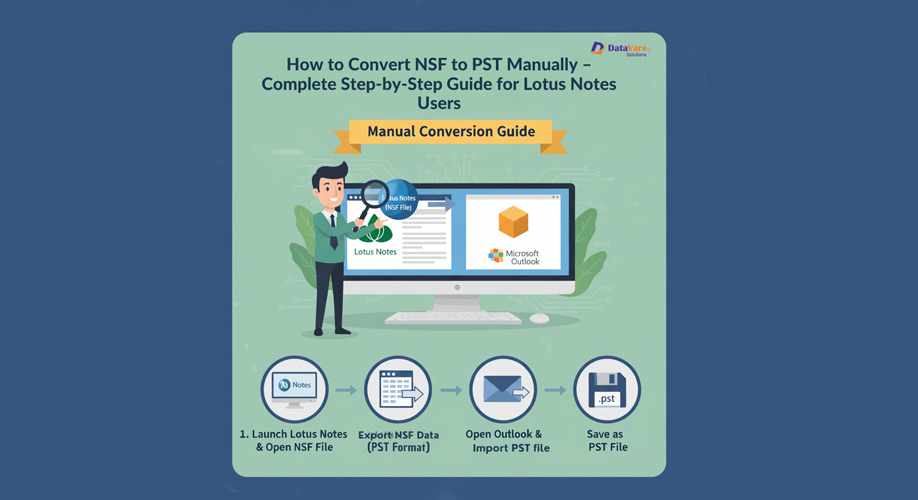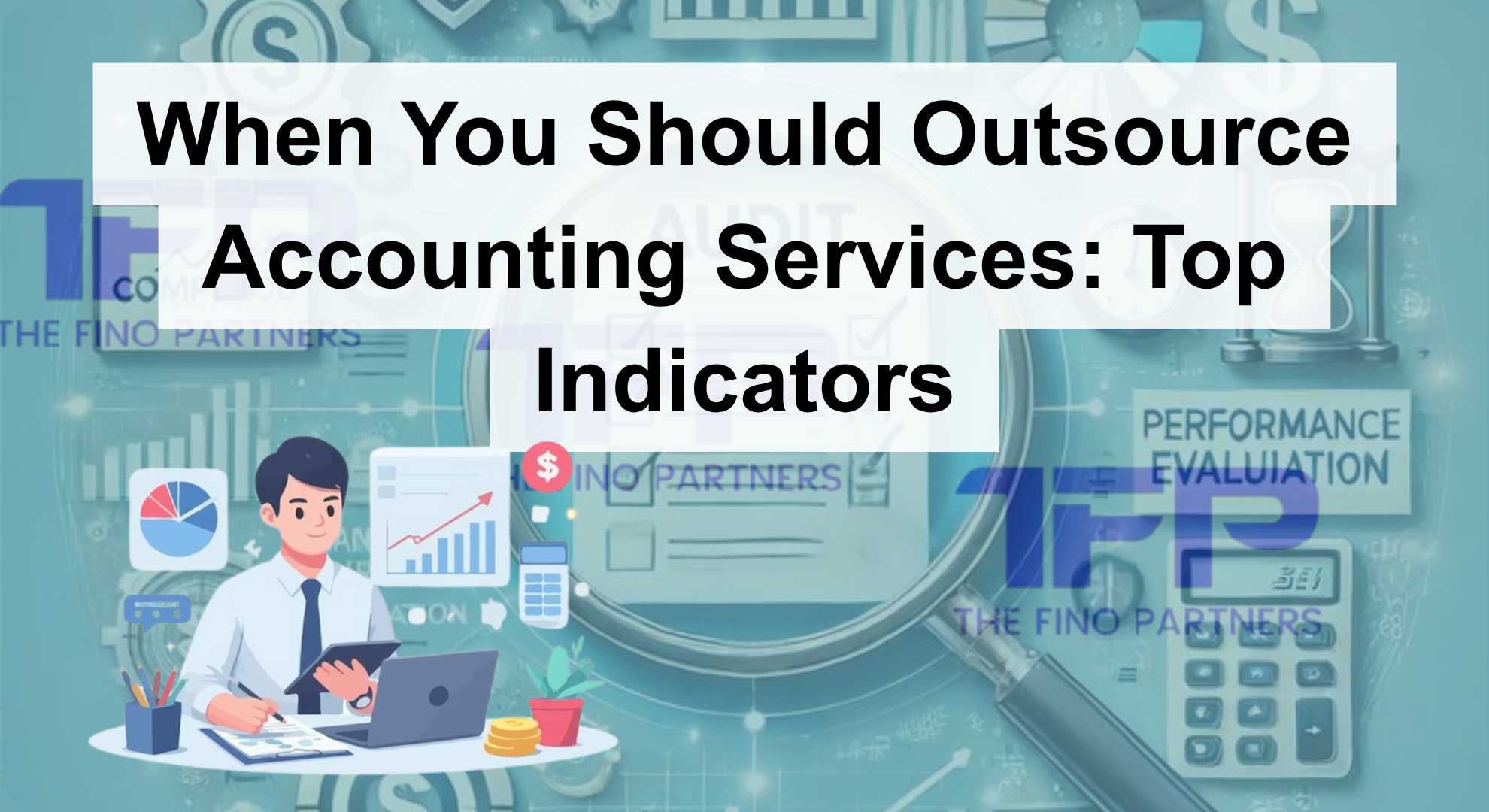Launching a new site is usually an exciting thing, but it can also be a touch on the stressful side. There’s a checklist of things to get right before you actually launch.
If you miss some things, it won’t matter that much. But miss other things, and it could start your new business site off on the wrong foot.
Here are 10 important things to check before launching your small business site for the first time. Get these right, and you’ll be well on the way to success from day one!
1. Your Web Page Loading Speed
A slow loading speed can chase away more than half of your visitors! You can’t afford to get this wrong, which is why we’ve put it right up top here. This is a basic thing, but many website owners neglect it because they assume it’s down to the web host.
The first step is to check what your page loading speed actually is. We recommend Google PageSpeed Insights. It gives you plenty of information on what’s good and what’s not, helping you to know exactly what you need to do to improve the site.
You can also improve your page loading speed by getting rid of unnecessary plugins, hosting your videos on external sites—think YouTube or Vimeo—and optimizing your images for the web.
2. User-Friendliness & Ease of Navigation
Is your website user-friendly for someone who lands on it for the first time? It might seem easy to you, but it could actually be a little more tricky to others seeing it for the first time.
We recommend getting a few external people to test it out for you before launching. You can ask anybody—friends, family, or even strangers on social media. The important thing is that they’re honest about what they like, what they don’t like, what was easy, and what was difficult to navigate.
3. Analytics Set-Up
Don’t avoid analytics because it’s complicated or intimidating. If you want to truly know how your website and business are doing, analytics are essential.
Every business will have different metrics that are important for their success, but some things will overlap—things like traffic, bounce rate, and conversion rate are important for everyone.
You can use Google Analytics for an easy, user-friendly experience. Adobe Analytics is another good one you may want to consider. Make sure whatever you choose is user-friendly, and you can find your data easily.
4. Submitted to Search Engines
Don’t think you only need to do this if you have a blog. Submitting your website to search engines means it’ll be findable in the search results, so when someone searches for your product or service, your website will show up.
It’s not a hard thing to do, but it’s essential. Just create an XML sitemap, submit it through Google Search Console, and you’ll be good to go.
5. Grammatically Correct Content
Nothing can ruin a visitor’s experience of a website quite like bad content. Whether you wrote it yourself or got a copywriter to do it for you, double-check this before your site goes live.
We highly recommend proofreading every page yourself but also getting someone else to check it out as well. Two (or three or four) sets of eyes are better than one!
While you’re reading through it, we recommend also making sure your content is easy to read, doesn’t contain unnecessary jargon, and is broken up into small, easily digestible chunks rather than long paragraphs.
6. SEO-Optimization
This is another thing you should consider while doing your grammar and spelling check. Is your content SEO-friendly? That means if someone searches for your product or service—eg. “dentist new jersey” or “best winter jacket”—does your site show up?
What kind of things is your target market typing in when they’re searching for your product/service? These are the phrases you should be including on your web pages.
Doing good keyword research is the first step. There are plenty of free keywords research tools out there that you can use. Then, incorporate those keywords into your content naturally. Do a bit of Googling about basic SEO to know where you need to place your keywords.
7. Mobile-Friendliness
User-friendliness is one thing. But considering over half of the browsers are on mobile, it’s also essential to make sure your site is mobile-friendly. The mobile version of your site should match the desktop one in design, but it needs to be just as user-friendly.
8. Form Submissions
Have you checked your form submissions? On your “contact us” page, you’ll most likely have some kind of form that people can use to send you inquiries. But don’t just assume it works—you need to double-check this before launching.
If there’s a problem, not only will you not receive any inquiries that people do send, but you’re also at high risk of ruining your business’s reputation from the start… Because people who’ve sent inquiries aren’t getting responses!
Send yourself an inquiry, get a few other people to send you inquiries, and test this regularly to ensure it’s not an issue.
9. Stress Response
Not many websites do a stress test upfront, but it can be an excellent idea to make sure your site is ready for what may be to come. A stress test works by applying an unrealistically high load to your site with the purpose of figuring out your site’s breaking point.
This is important because when your site does break, it can leak sensitive information. A stress test can give you valuable information as to what may need to be reinforced before you launch.
10. Check All Buttons
One of the things that you or your user-friendliness testers may not check is the buttons. Make sure every single button on your site works… And leads to the right place.
Final Thoughts
These factors are important regardless of the details of your website. WordPress, Squarespace, shared hosting, cloud hosting… It doesn’t matter. Make sure these things are checked off your list before you launch, and you’ll avoid some of the most common mistakes people make at the beginning of their journey.

















Add Comment